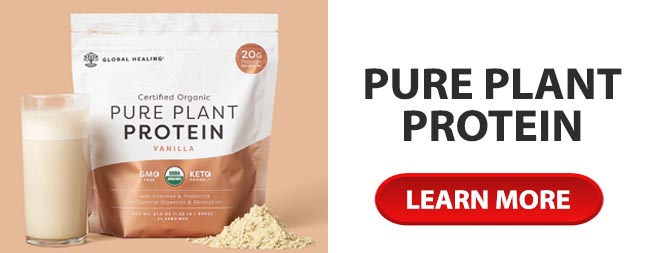Zinc is an essential mineral which is naturally present in some foods. Manufacturers also have made zinc lozenges available as a cold remedy and it is available as a dietary supplement. Zinc is involved in a number of different areas in cellular metabolism, plays a role in the immune system, wound healing and DNA synthesis. Zinc also supports normal growth and development during pregnancy and is required for all people for proper sense of smell and taste. In other words, zinc is essential for optimal health.
The recommended daily allowance for zinc was developed by the Food and Nutrition Board at the Institute of Medicine of the National Academies. These numbers are range between 3 mg for children seven months to three years and 11 mg for males over the age of 19. (1)
Oysters contain more zinc per serving than any other food but red meat and poultry also provide a high intake of the mineral. Other good sources include beans, nuts, whole grains, fortified cereals and dairy products. (2)
A deficiency in zinc is characterized by growth retardation, loss of appetite and an impaired immune system. In severe cases individuals will suffer from hair loss, diarrhea, impotence and eye and skin lesions. Many of these symptoms are nonspecific, associated with other health conditions and creates a difficult diagnosis for physicians.
People who are at higher risk for zinc deficiencies include those who have gastrointestinal diseases decreasing the amount of zinc absorbed, vegetarians, pregnant and lactating women, alcoholics, individuals who suffer from sickle cell anemia and older infants who are exclusively breast-fed. (3)
Animal research has shown that binge drinking, even just once, during early pregnancy can cause a number of problems for the unborn child. Interestingly, researchers have found that early dietary zinc supplementation throughout the pregnancy can reduce some alcohol related birth defects.
There is also some studies being undertaken to evaluate whether zinc supplementation should be standard protocol for individuals who are suffering from pressure sores or who require long-term wound healing. Because of the integration of zinc in the growth and development of cellular structures scientists theorize that supplementation will improve the rate of wound healing.
In another study published in 2007 in the American Journal of Clinical Nutrition researchers took groups of people who were receiving either placebo or zinc supplementation. After the study was completed they determined that the incidence of infection was significantly lower in those receiving zinc supplementation and that the generation of tumor necrosis and oxidative stress factor markers was lower also. (4)
Another area in which zinc supplementation has been evaluated is in the treatment of acne. A combination of vitamins and minerals do appear to improve the skin condition of people who have relatively poor nutrition.
One of those minerals that has shown promise and has good case studies to support the claims, is zinc. This is a mineral that is beneficial for growth, wound healing, sperm production, male reproduction and prevention of acne. Researchers have also found that zinc is important in the use of insulin (the hormone that regulates sugar in the body) and the replication of DNA. In other words, this mineral appears to play an important role in many of the bodies functions. (5)
Using zinc for acne treatment is an effective way of reducing oil production in the skin. The action appears to be similar to that of tetracycline. Using zinc is also helpful to protect the body from free radicals and are necessary for the production of new white blood cells.
Current oral zinc preparations will come from a form of zinc gluconate or zinc sulfate. Zinc picolinate is also a form that combines organic salt and zinc. Food sources include seafood, poultry, nuts, wheat germ, sunflower seeds, fortified cereals, brewers yeast, brazil nuts, pumpkin seeds and legumes.
Studies to support the use of zinc to treat acne outbreaks alone are sparse. There have been some case studies that support the use of zinc. Individuals should never take more than 100 mg of zinc. Individuals should not take an additional copper with zinc because it will block the action of the zinc in the body.
Before adding zinc into your diet be sure to consult your primary care physician. While the doctor may not believe that taking additional zinc will help your skin condition it is important to be sure that it will not impact your treatment of any other underlying medical conditions. Unless there are medical reasons not to take the supplement, zinc is relatively safe with little to no side effects. It is also cost-effective and can very well help your skin condition. The question isn\’t \”can I?\” But rather, \”it is there a reason I shouldn\’t?\”
(1) Institute of Medicine: Dietary Reference Intakes Tables and Application
(2) Linus Pauling Institute: Zinc
(3) Office of Dietary Supplements: Zinc
(4) American Journal of Clinical Nutrition:
(5) University of Maryland Medical Center: Zinc

